YOUTH WORKERS IN BOSNIA AND HERZEGOVINA
This time, our series on youth workers in BiH takes us to Kostajnica, to meet Katica Smiljanić. Katica rarely refers to herself as a youth worker, because, as she says, she’s always reminded of her role models who weren’t called that. She didn’t grow up with the intention of being a youth worker, because the term didn’t exist then.
I got into youth work relatively late, after I graduated from university. I’ve always wanted to work with children and youth, so I chose an appropriate profession. I graduated from the Faculty of Filology, Department of Italian Language and Culture. I taught briefly after that, and then I got a chance to work at the Youth Center in Kostajnica, which was part of a project of Zdravo da ste citizens’ association from Banja Luka and the Center for Stress and Trauma in Zagreb. I think it’s safe to say that my work at the youth center was a turning point in my personal and professional development.
Those two jobs gave Katica insight into differences between formal and non-formal education, and chance to consider the drawbacks and advantages of each. She says her university studies provided her with the theoretical knowledge she needed, but not the tools for successfully working with children and youth.
I wasn’t happy with myself as a teacher and with what I was able to provide for my students, because I wasn’t trained well enough to work with them. I knew I wanted to work differently but I didn’t know how. Then, during my work at the youth center, I got a chance to take part in trainings in Italy on the topic of “Non-formal education in the formal context. That’s when I realized that it’s possible to teach the way I wanted to and I learned to use non-formal education methodology in formal education. In time, I grew into an educators who is able to share examples of good practice with teachers from other European countries.”
When talking about formal vs. non-formal education, Katica doesn’t claim one is better that the other – she believes that they can work in unison and that a combination of formal, non-formal and informal learning are the perfect recipe for properly preparing young people for life.
I remain in the formal education field because I believe we can improve it. People who work at youth centers or organizations can often do more for young people than those who work with them in formal settings. That’s because they have more room to adopt an individual approach to young people, get to know each of them so they can provide tailored guidance and advice. Working in the non-formal sector is demanding and complex and calls for a lot of preparation, planning, organization and special methodologies. In non-formal education, young people are much more relaxed and learn more easily because they’re learning about things they’re interested in. They choose which workshops and trainings they go to. They learn how to take initiative, think critically, be engaged and fill their free time with meaningful activities.
Katica says that youth work is a very demanding profession that calls for great dedication and continuous learning. She successfully completed the Institute for Youth Development KULT’s certification training for youth workers. She always happy to share her impressions from the training.
The youth officer training happened at a perfect time for me to fill in some gaps and learn about some topics that I wanted to know more about. This training is memorable because of the trainers who did such a good job and showed what a high-quality training looks like. I’ll definitely remember all the people I met there, some of them already amazing youth workers and some eager young people wanting to learn, selflessly investing their time and energy to improve their local communities. Young people give me hope that the society will become better.
When asked about the society in BiH, Katica calls it a “society of burning issues”.
It’s an undeniable fact that there are so many burning issues that young people are never very high on the list of priorities at state or even local level. Young people never seem to get prioritized, and neither do youth centers or organizations where young people are supported while becoming responsible citizens. The biggest problem faced by youth organizations is maintaining continuity and many of them dissolve because of a lack of funding. However, the strongest link in youth organizations are youth workers making superhuman efforts to find solutions and ensure their organizations stay afloat.
 Katica still works with young people and uses innovative methods in formal education, and youth work remains her passion. She is currently focused on environmental and music projects, because she thinks they’re particularly good at allowing young people to connect and understand each other. She notes that sustainable development and environmental protection are topics that need to be discussed more with young people, to increase their awareness of these issues.
Katica still works with young people and uses innovative methods in formal education, and youth work remains her passion. She is currently focused on environmental and music projects, because she thinks they’re particularly good at allowing young people to connect and understand each other. She notes that sustainable development and environmental protection are topics that need to be discussed more with young people, to increase their awareness of these issues.
Katica intends to continue building her future in BiH.
My future is in BiH. I never wanted to leave, but I did when I had to, and always came back whenever I had an opportunity to earn a livelihood here. I think hard work and dedication pays of in this country. It may take a while for someone to notice your hard work, but it does happen. Her message to young people is to fight and never give up, to seize the opportunities given to them, and use everything they take part in as a source of valuable experience they will benefit from later in life. She encourages them to take advantage of opportunities provided by youth organizations in the form of trainings and trips. They can start by contacting a youth organization in their local community, if there are active organization there. If not, then they can team up with other young people as an informal group and apply for funding so they can implement projects they believe will improve their quality of life in the community. These are small but meaningful changes. By changing your local communities, you’re changing the entire society.
Katica Smiljanić is another example of what persistent, decisive individuals are capable of. Katica is one of many youth workers building up the BiH society with their persistent efforts and small, local changes that slowly accumulate into major improvements we all benefit from.



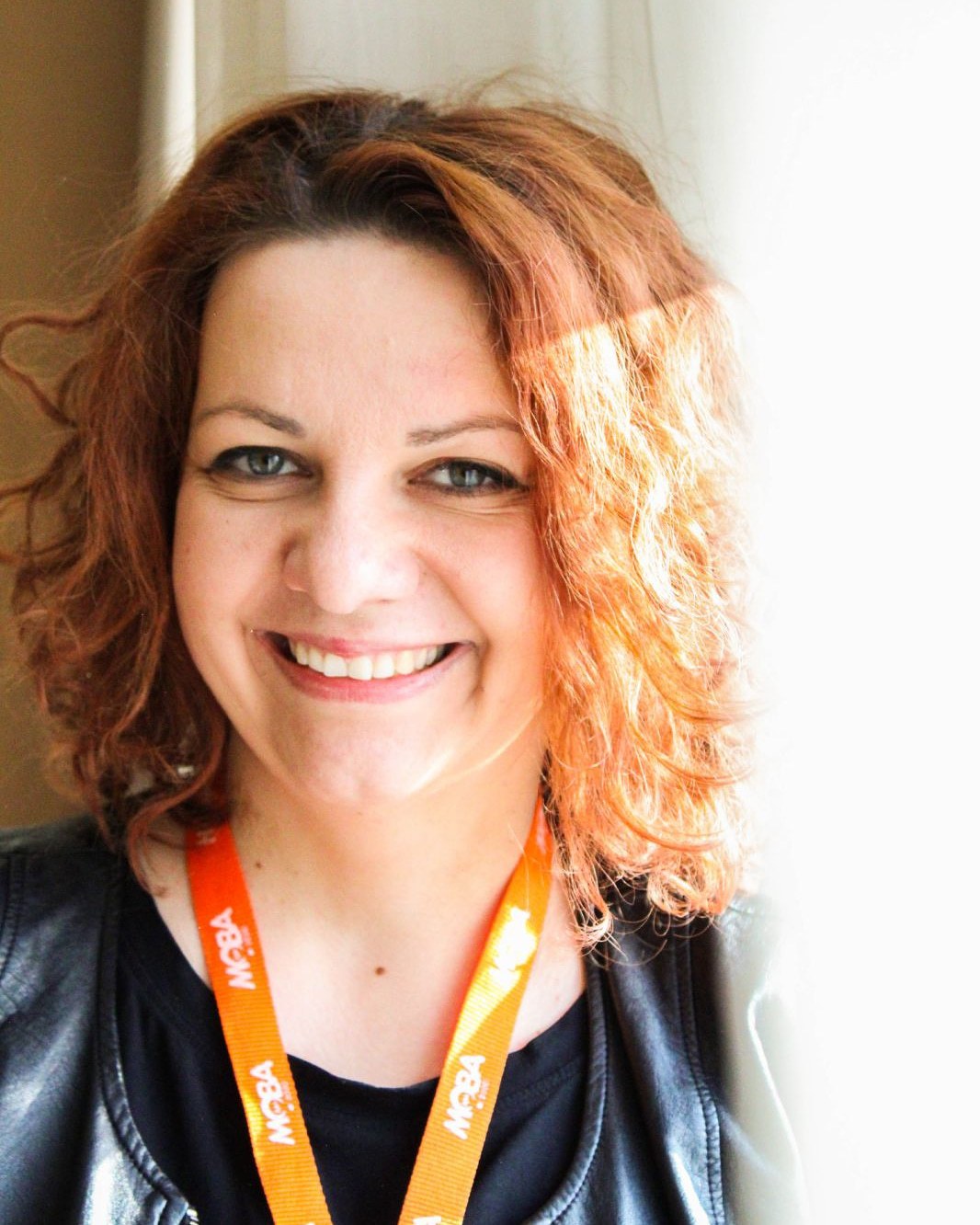
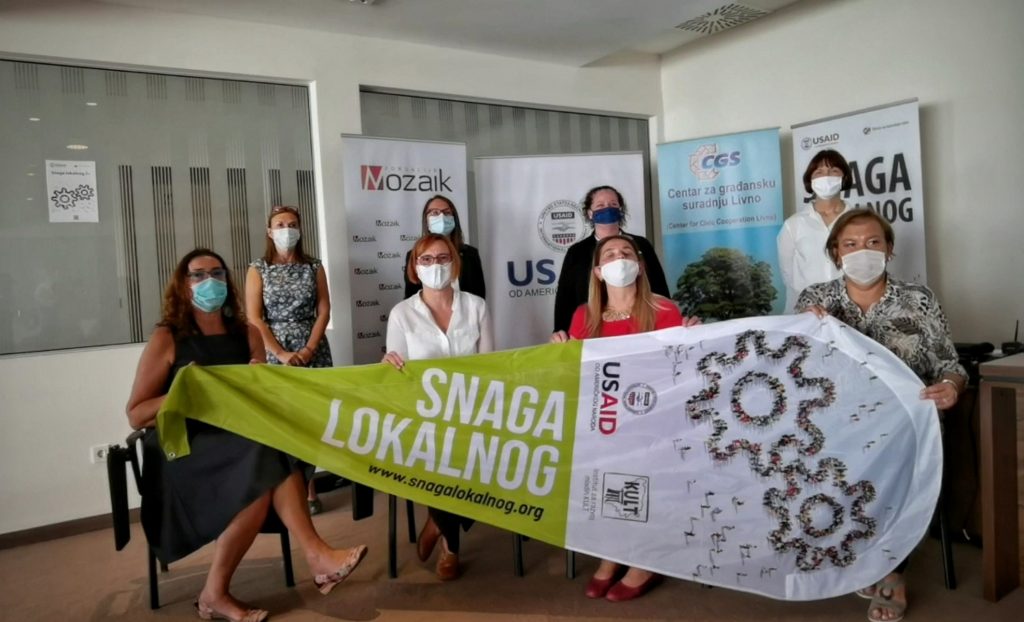







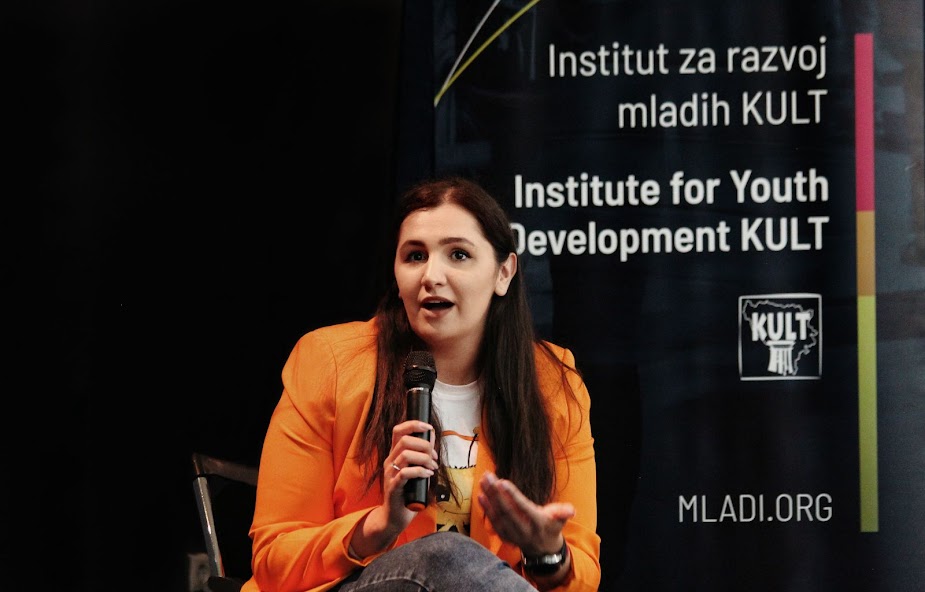
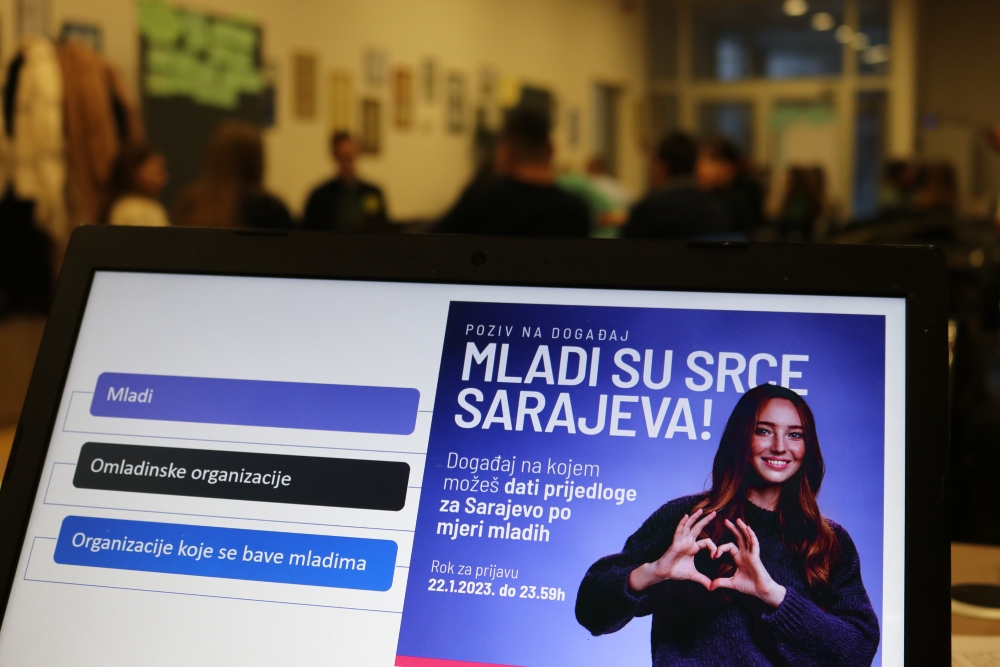
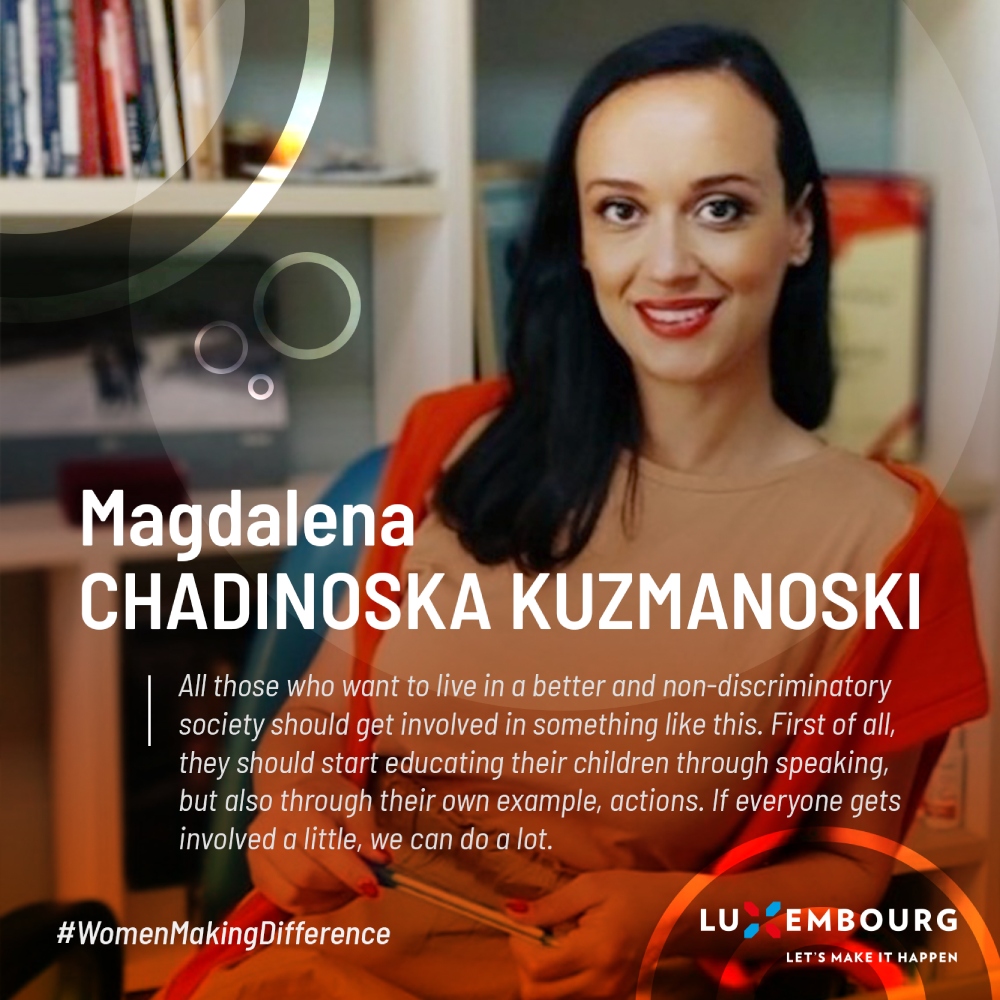
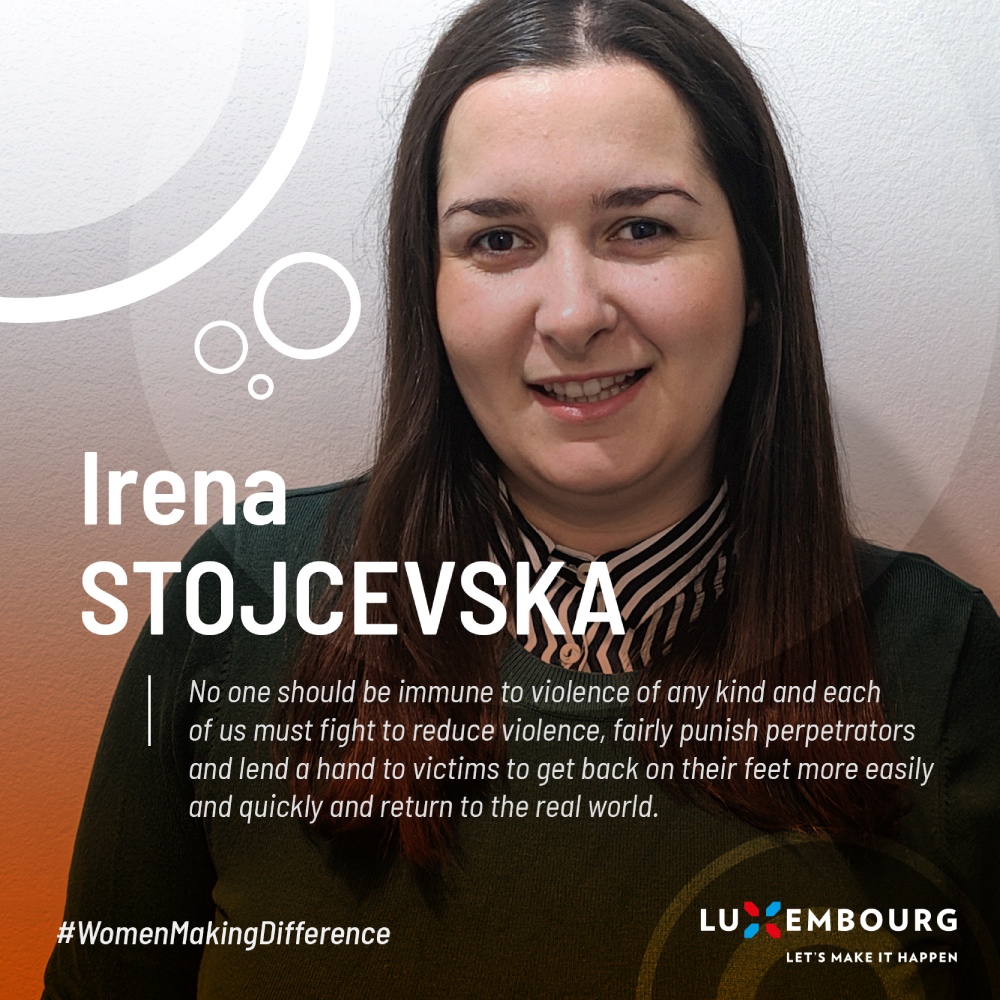
Leave a comment